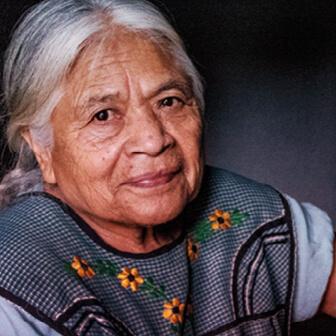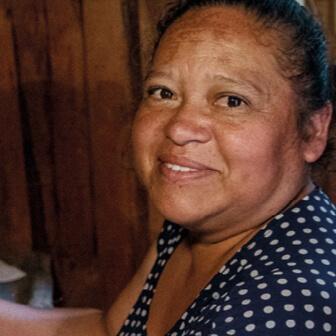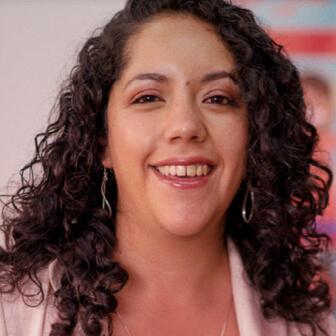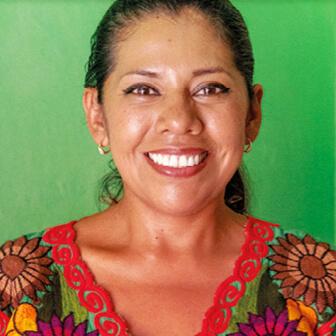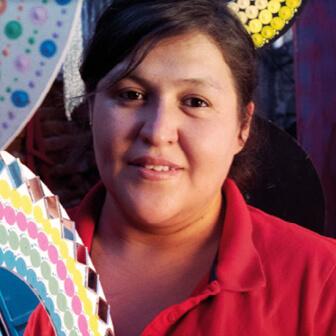Google.org is committed to supporting women in Latin America through its philanthropic activities.
1 December, 2022
Blog
Digital and technological transformation is redefining production models, employment opportunities, roles, and responsibilities, and today’s economy requires a workforce with specific digital skills.
By 2025, 9 out of 10 jobs in Latin America will require digital skills, and there will be a deficit of 3,500,000 digital professionals. Meeting this need only be possible by tapping into female talent.
The urgency of this reality was discussed at the GLI Forum LatAm 2022 during the panel “Digital Equity: A Catalyst for Financial Inclusion in Latin America.” Panelists included Héctor Mujica, Head of Economic Opportunity, Americas at Google.org; Carmen Correa, CEO of Pro Mujer; and moderator Pedro Brolo, Director for Guatemala at CABEI.
According to Héctor Mujica, digital equity is critical to ensure that the technological revolution generates inclusive opportunities for all, including the most vulnerable sectors of the population, such as women, BIPOC, and LGBTQIA+ people.
He highlighted that since 2016, Google has allocated more than 75 million dollars to organizations and projects working to close the digital racial and gender divides.
Fewer than 2% of philanthropic funds are dedicated to supporting women and girls in Latin America, and Google.org is committed to addressing this financing gap. In 2022, 95% of its investments in Latin America were focused on closing the gender gap.
Recently, Google further strengthened its long-term commitment to investing in Latin America when CEO Sundar Pichar announced a USD 1.2 billion investment in the region’s digital development and transformation.
“We are committed to ensuring that the investments we make over the next five years are focused on closing the digital racial and gender divide,” stated Mujica.
Carmen Correa, CEO of Pro Mujer, recognized the importance of creating products and services using an intersectional perspective to meet users’ needs and better respond to their contexts and realities.
Correa shared that Pro Mujer has created a comprehensive digital strategy focused on developing women’s digital skills: the skilling platform Emprende Pro Mujer strengthens women’s entrepreneurship skills, while Pro Mujer Digital supports women’s financial inclusion by offering a financial product designed specifically for Indigenous and rural women.
“Building the digital skills of the women we work with is critical, as they are the most vulnerable to the disruptive impacts of digital transformation,” said Correa. “We can provide them with the tools they need to improve their employment prospects or build a successful business that supports them and their families.”
Correa and Mujica agreed that it is critical for the public and private sectors to work together to create significant, sustainable change and celebrated the partnership between the two organizations to advance gender equality in the region.
